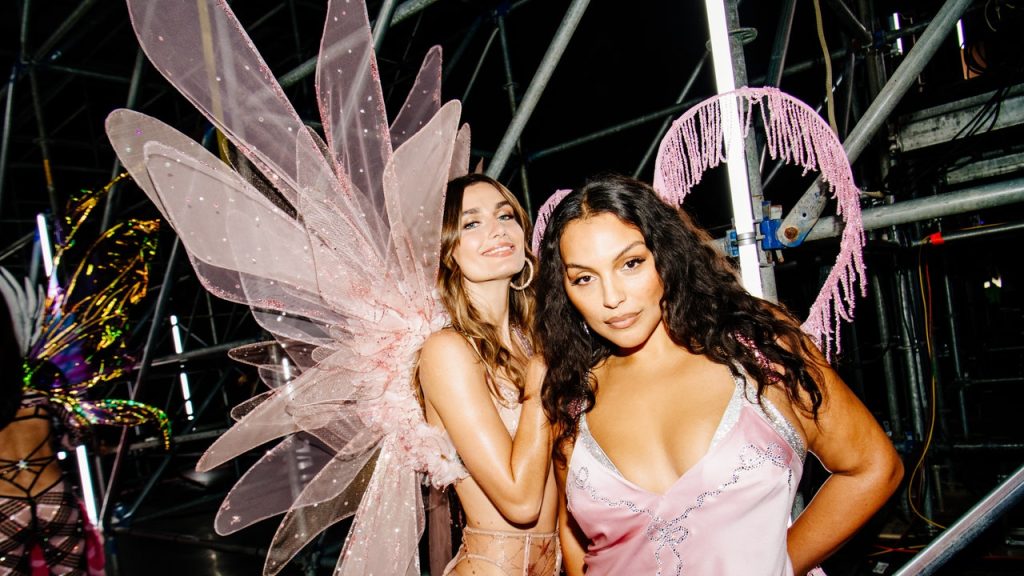Victoria’s Secret, known for its bombshell style and narrow definition of sexy, canceled its famous Fashion Show in 2019 in response to changing cultural attitudes and a declining audience. The company promised to evolve its marketing strategy, bringing on spokespersons like Megan Rapinoe and Naomi Osaka, expanding its product offerings and size range, and creating a documentary directed by women to offer a new perspective on the brand. Despite these efforts, Victoria’s Secret faced ongoing scrutiny and criticism, including a documentary and book that highlighted the company’s missteps and controversies.
In a surprising move, Victoria’s Secret announced the return of its Fashion Show in 2023, featuring performances by Cher, Lisa from Blackpink, and Tyla, as well as fireworks and celebrity appearances. The brand emphasized a focus on putting the customer at the center of its transformation, responding to feedback that indicated a desire for the return of the fashion show. Questions arose about whether the show would maintain its traditional exclusivity and narrow definition of beauty or if it would embrace a more inclusive and diverse approach. As the audience gathered for the event, anticipation and speculation were high about the impact of the six-year hiatus on the show’s aesthetic and messaging.
The reimagined Victoria’s Secret Fashion Show featured familiar elements of glamour and fantasy, with models like Candace Swanepoel and Adriana Lima making dramatic entrances on the runway. The event sought to balance a return to the brand’s signature bombshell style with a nod towards inclusivity and diversity, incorporating a range of body types and backgrounds in the lineup. Despite these efforts, some critics questioned the authenticity of the brand’s commitment to change and whether the show truly represented a shift in values or was simply a nostalgic return to past glory.
The Fashion Show received mixed reviews from audiences and critics, with some praising its entertainment value and celebration of female empowerment, while others criticized its failure to fully address past controversies and embrace a truly diverse and inclusive vision of beauty. As Victoria’s Secret continues to navigate a shifting landscape of cultural expectations and consumer demands, the brand faces ongoing challenges in redefining its identity and rebuilding trust with a new generation of consumers. The return of the Fashion Show marks a pivotal moment in the company’s history, as it grapples with its past while striving to create a more progressive and forward-thinking image for the future.
Despite the nostalgia and excitement surrounding the return of the Victoria’s Secret Fashion Show, the brand’s decision to revive the event raises questions about the ongoing relevance and impact of traditional fashion shows in an era of social media and changing beauty standards. As the company seeks to reinvent itself and appeal to a diverse and inclusive audience, it must navigate the complexities of balancing tradition with innovation, glamour with authenticity, and fantasy with reality. The future of Victoria’s Secret remains uncertain, but the brand’s ability to adapt and evolve in response to shifting cultural tides will ultimately determine its success in the years to come.
Overall, the return of the Victoria’s Secret Fashion Show symbolizes a new chapter in the brand’s history, marked by a renewed focus on customer engagement, inclusivity, and diversity. As the company continues to navigate challenges and controversies, it faces a critical juncture in redefining its identity and relevance in an ever-changing marketplace. By embracing a more progressive and inclusive vision of beauty, Victoria’s Secret has the opportunity to not only reclaim its status as a cultural icon but also to lead the way in reshaping the fashion industry for the future.


